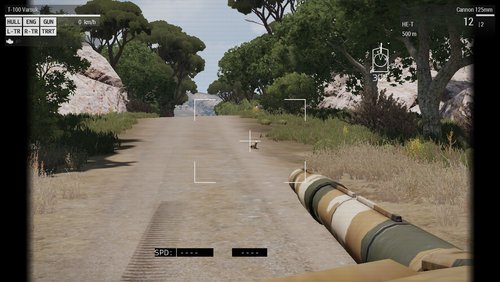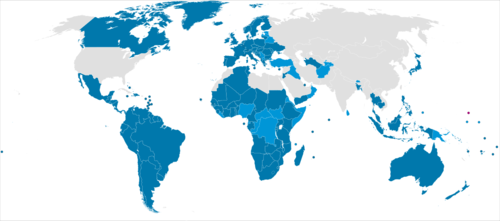- Joined
- 26 January 2011
- Messages
- 2,224
- Reaction score
- 639
Smart land mines could certainly stop vehicular suicide bombers rushing checkpoints.
Personally, I suspect that choke points and obstacles which prevent any vehicle, friend or unfriendly rushing your check point is a much better idea than having a series of mines under the traffic. It means you can move your checkpoint more easily and you won't be leaving an IED behind that the enemy can steal.
Last edited by a moderator:





